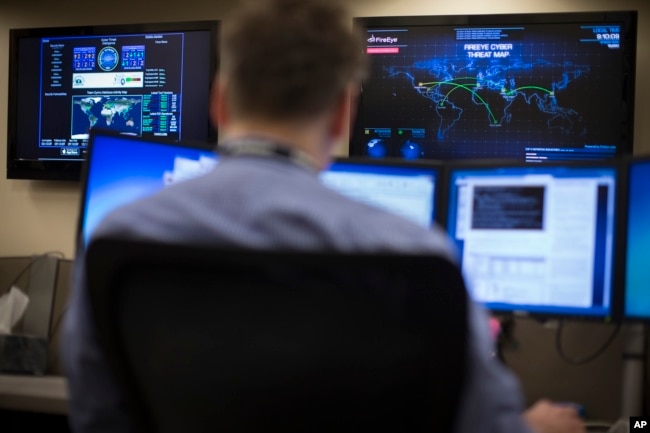MindWars
Diamond Member
- Oct 14, 2016
- 42,227
- 10,744
- 2,040
- Banned
- #1
An “accidental hero” has halted the global spread of the WannaCry ransomware, reportedly by spending a few dollars on registering a domain name hidden in the malware. The ransomware has wreaked havoc on organizations including FedEx and Telefonica, as well as the UK’s National Health Service (NHS), where operations were cancelled, x-rays, test results and patient records became unavailable and phones did not work.
'Accidental Hero' finds kill switch to stop spread of ransomware cyber-attack
------------------------------------------------------------------------------------------------------------------------------
Well imagine that, bet this fella ends up getting a good job deal .




